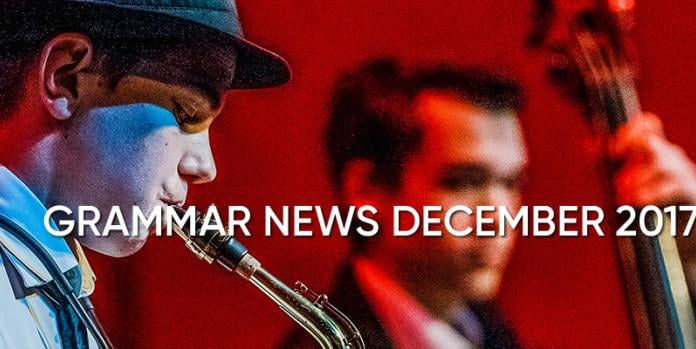Year 9 students are learning invaluable engineering, marketing and other work related skills in the international F1 in Schools competition.
Teams of students come together to develop an engineered, prototype F1 car (in miniature). As part of the process, the teams also deliver marketing and sponsorship plans.
Eighteen Year 9 students successfully gained a place in the state competition this year, with the ‘Limitless Racing’ team of Charlie Beggs, Milind Bhatt, Charlie Bradley, Jordan Fuller and Ben Lipchin coming away with two awards - Best Engineered CAD Design, and an Encouragement Award as a result of their efforts throughout the competition. They have also been offered a wildcard entry into the National Final which will be held in Launceston in March 2018 in recognition of their fine work.
“All of the teams were excellent,” says Ms Becca Seel, Science teacher and project organiser. “The Engineering award is an extremely difficult award to attain. The boys were interviewed by a panel, including Boeing engineers. They demonstrated how augmented reality had helped them with their car design. The judges absolutely loved the innovation behind this.”
The competition kicked off with an exclusive masterclass at the Australian Grand Prix. “We learnt that, these days, a racing outcome is due to 20% driver and 80% team,” explains Guillaume Delvaen. “There is no doubt that drivers are elite athletes with incredible strength and agility, but the engineers, pit teams, and other support staff are what really makes the difference.”
The students were given a once in a lifetime experience to go behind the scenes in the Honda McLaren pits. “We got to see the back of the car in detail,” says Guillaume. “That is usually kept under wraps as much as possible because the shape of the rear wing has a big impact on the aerodynamics of the car, and that has a subsequent impact on its speed and movement.”
As the designated engineer in ‘Limitless Racing’, Charlie Beggs kept in touch with the McLaren engineers after the visit, seeking their advice on his design and engineering ideas. These were just one group of professionals the teams collaborated with during the project.
“The F1 in Schools competition provides team members with valuable vocational skills but, moreover, industry professionals from engineering, design and marketing sit on the judging panels. So, between the interaction with the judges and the industry collaboration leading up to the final, the students interface with potential employers across many fields. Offers of work experience, internships, scholarships and employment can result from these interactions,” explains Ms Seel.
Related topics

